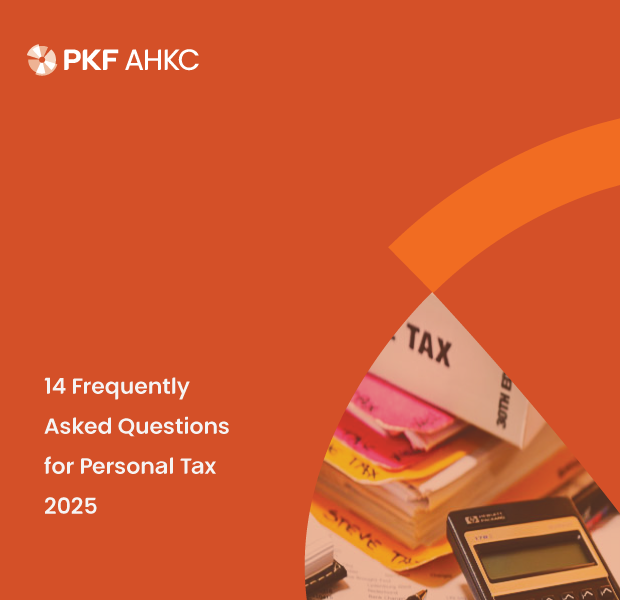2025-03-19
Articles

1. What is the individual income tax rate in Bangladesh for 2025?
In 2025, the individual income tax rates in Bangladesh are progressive, ranging from 10% to 30%, depending on the income bracket. The highest rate of 30% applies to income above a certain threshold.
2. What is the basic tax-free income threshold for individuals in 2025?
The tax-free income threshold for individual taxpayers in Bangladesh is BDT 3,00,000 for both male and female taxpayers (except for senior citizens, where the threshold is higher).
3. Who qualifies as a senior citizen for tax purposes in Bangladesh?
A senior citizen is defined as an individual aged 65 years or above. Senior citizens are entitled to a higher tax exemption limit and may benefit from a reduced tax rate.
4. Are there any specific tax exemptions for women and children in Bangladesh?
Yes, female taxpayers have a tax exemption threshold of BDT 4,00,000, while children (under the age of 18) also have a specific exemption depending on their income sources.
5. How does the tax system handle income from multiple sources in Bangladesh?
Income from all sources, including salary, business, and investments, is aggregated to calculate the total taxable income. Deductions are allowed for specific expenses, and the final tax liability is based on the total income after deductions.
6. Can I claim deductions for my children’s education in Bangladesh?
Yes, taxpayers can claim deductions for children’s education expenses under specific conditions, such as tuition fees for primary, secondary, and tertiary education, up to a certain amount.
7. What deductions can be claimed by individuals under Section 46 of the Income Tax Ordinance?
Individuals can claim deductions for investments in retirement savings, insurance premiums, donations to charitable organizations, and certain education expenses under Section 46, subject to limits specified by the tax authorities.
8. Are there tax benefits for contributions to retirement funds in Bangladesh?
Yes, contributions to certain retirement funds such as Provident Funds or Gratuity Funds are eligible for tax deductions, as per the provisions of the Income Tax Ordinance.
9. How is tax calculated on income from dividends and interest in Bangladesh?
Income from dividends is typically subject to a tax rate of 10%, while interest income is taxed according to the prevailing rates set by the National Board of Revenue (NBR).
10. What are the tax implications of owning property or real estate in Bangladesh?
Rental income from property is subject to tax, and property owners must pay tax on the annual rental value. Additionally, capital gains tax is applicable on the sale of real estate, depending on the holding period and profit margin.
11. What are the penalties for late filing of tax returns in Bangladesh?
Late filing of tax returns in Bangladesh results in a penalty, typically 2% per month on the tax due amount. Additionally, failure to file returns within the prescribed time may lead to further penalties and legal consequences.
12. How can I file my tax returns in Bangladesh?
Tax returns in Bangladesh can be filed electronically through the NBR's online portal or manually by submitting the required forms at the local tax office.
13. Can expatriates claim tax relief in Bangladesh?
Expatriates working in Bangladesh are subject to income tax, and they can claim tax relief for any income earned outside of Bangladesh, provided they meet the necessary residency and documentation requirements.
14. Are there any tax incentives for businesses that employ more women in Bangladesh?
Yes, the government has introduced incentives for businesses that employ women, offering certain tax exemptions or credits. These can vary and are subject to the criteria set by the National Board of Revenue (NBR).
_white.png)